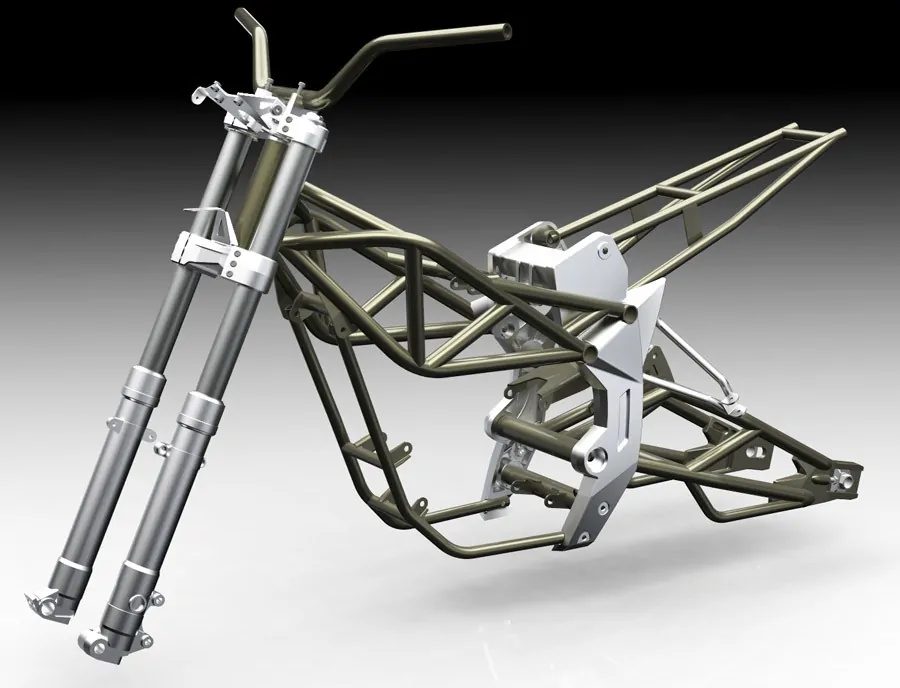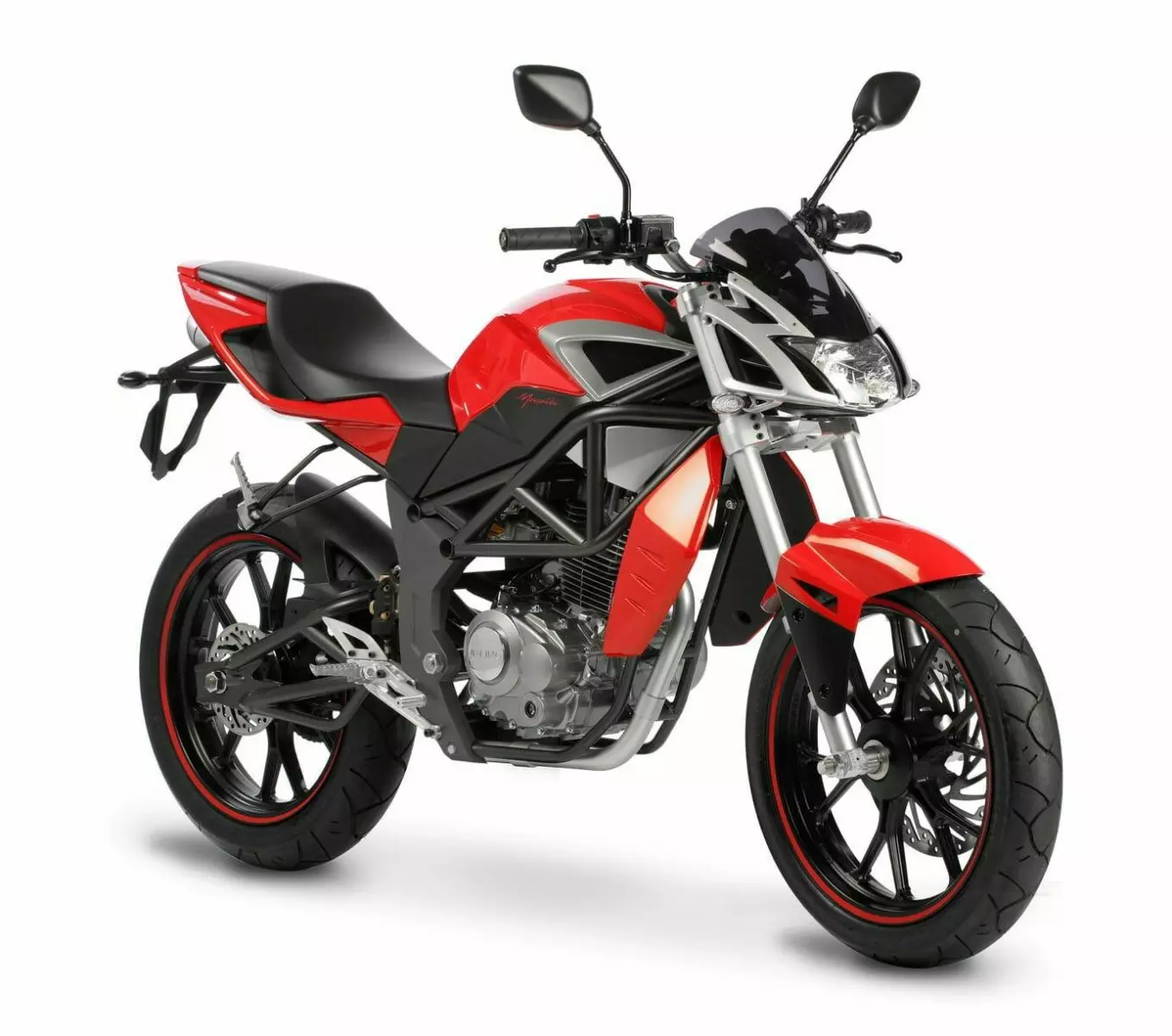Virtual motorcycle design allows the consultancy to create, access and visualise designs that are so real that decisions can be made without making reference to anything physical.
With a CAD model, everything is correct and can be verified accurately by referring to exacting homologation regulations at the design stage. But the use ‘of virtual design tools does not herald any loss of creativity, nor does it ensure a future characterised by bland, featureless machines.
In fact, the opposite appears to be the case. RGI’s designers are now in better overall control of the process, and this has allowed the consultancy greater freedom to conceive new models.
The concepts that the designers develop are grounded in data which is already verified for chassis and power train packaging, rider ergonomics, chassis dynamics and so on. This data is introduced into the process as an ‘underlay’, which ensures the designer’s creativity is kept within realistic boundaries via hard points defining fixed physical relationships.
Although the demand for car styling has managed to support numerous large design houses over the years, entire companies that can survive predominantly by designing two-wheelers are rare indeed. And so it is with Renfrew Group International (RGI) whose creative output covers a range of sectors from medical diagnostic products to scientific equipment and from pushbikes to motorcycles.
If you’ve not heard of RGI in this context, then that’s probably down to tight contractual clauses, yet, RGI’s work has appeared in successful production designs for manufacturers such as CCM, Dafra, Megelli and Triumph. It has also produced conceptual projects for Honda, Suzuki and Aprilia.
Rather than being merely stylists though, RGI supports the entire design process through to production, with a strong emphasis on CAD (computer aided design) and rapid prototyping facilities.
While the group offers a complete service for all types of consumer, medical and scientific goods, automotive design represents 30 percent of its output, of which motorcycles constitute a surprisingly high 90 percent.
Renfrew Group International now has a substantial department dedicated to motorcycle design. The designers have plenty of studio space and access to a host of CAD software, as well as traditional creative tools.
Engineers take care of chassis design and packaging, while the workshop staff has access to automotive clay modelling studios, along with a wealth of support systems from CNC machine tools to part finishing booths.





